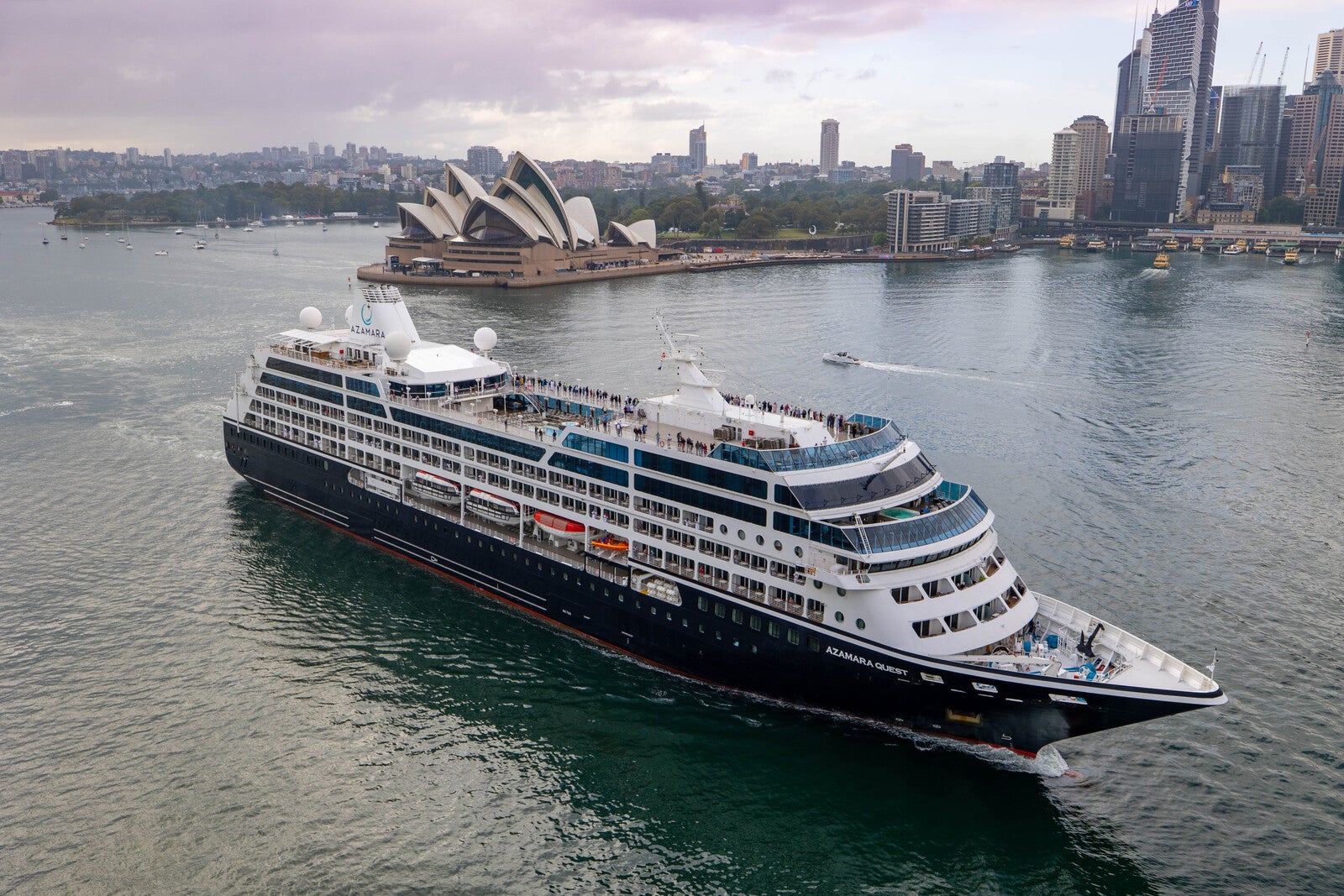Houston, we have a problem.
SpaceX’s Crew-9 mission to the International Space Station (ISS) is being significantly delayed, and it’s all thanks to the issue-riddled Starliner spacecraft, which is taking up docking space and still has no concrete plan for return to Earth.
The veteran astronauts who flew to orbit on the Boeing-built vessel continue to await word on when and how NASA and the company plan to bring them home. Butch Wilmore and Suni Williams have been in space for 63 days — almost two months longer than expected — and there’s no clear return date in sight.
NASA announced Tuesday that the Crew-9 flight has been pushed back to no earlier than Sept. 24, after originally being scheduled to lift off on Aug. 18.
“This adjustment allows more time for mission managers to finalize return planning for the agency’s Boeing Crew Flight Test currently docked to the orbiting laboratory,” NASA said in an update this week.
The Starliner launched on June 5 in its first-ever astronaut mission and was scheduled for a weeklong stay at the ISS.
That return date has long-since passed, and the spacecraft remains up there after multiple issues were identified on its way to the orbiting space station.

NASA and Boeing both say they have been working hard to determine if and when they can safely return the astronauts back to our planet, although their assurances that all is well are holding less weight with the public as time goes on.
The email you need for the day’s
top news stories from Canada and around the world.

Get daily National news
Get the day’s top news, political, economic, and current affairs headlines, delivered to your inbox once a day.
On Wednesday, NASA told reporters it continues to explore various contingency options, which include keeping Williams and Wilmore at the ISS for an additional six months and returning them home next year on SpaceX’s Crew Dragon vehicle.
Steve Stich, NASA’s Commercial Crew Program manager, told the news conference that work to understand the craft’s helium leaks and propulsion issues has resulted in disagreements within the agency on how safe it is to attempt to bring the astronauts home aboard the Starliner.
“I would say that our chances of an uncrewed Starliner return have increased a little bit based on where things have gone over the last week or two,” Ken Bowersox, associate administrator for NASA’s Space Operations Mission Directorate, said at the same conference Wednesday.
“But again, new data coming in, new analysis, different discussion — we could find ourselves shift in another way.”
Starliner’s June launch marked a high-stakes test mission required before NASA can certify the spacecraft for routine astronaut flights.
In July, Williams and Wilmore appeared in a NASA-hosted livestream from the ISS and said they felt confident the Starliner would get them home safely. They also said they were happy to spend extra time in space and were busy helping the ISS crew and running various experiments and tests while in orbit.
Wilmore said during the livestream they went into the mission knowing there would be kinks, saying, “This is the world of test. This is a tough business.”
“Human spaceflight is not easy in any regime, and there have been multiple issues with every spacecraft that’s ever been designed, and that’s just the nature of what we do,” Wilmore said. “You know that mantra, ‘Failure is not an option.’”
Despite being stuck in space for much longer than planned, the astronauts seem to be in good spirits.
NASA
From the beginning, the Starliner project has been massively overbudget and plagued by setbacks and delays. And since liftoff, the capsule has had five helium leaks, five manoeuvring thrusters go dead and a propellant valve fail almost completely, prompting the crew in space and mission managers in Houston to spend more time than expected pursuing fixes mid-mission.
The latest in-flight problems follow years of other challenges Boeing has faced with Starliner, including a 2019 uncrewed test failure where dozens of software glitches, design problems and management issues nixed its ability to dock to the ISS.
A 2022 repeat uncrewed test had a successful docking, but uncovered additional software issues and problems with some of the capsule’s thrusters.
© 2024 Global News, a division of Corus Entertainment Inc.
























Discussion about this post